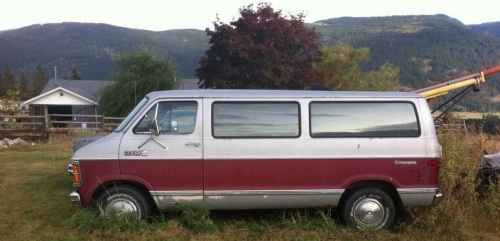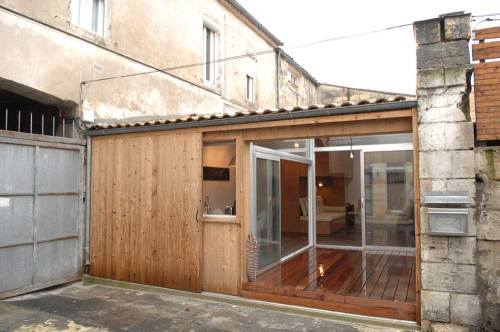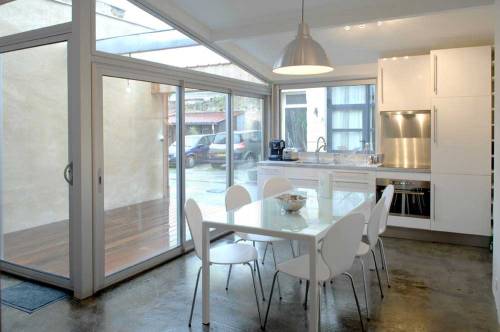“Moved from Montreal to Vancouver, stayed six years, (got-the-hell-out-cause- I-didn’t-like-it), moved out to Ottawa. In each city I had a job waiting at 90K range.
Mere mortals could not afford housing in Vancouver even back in 2004. House was fully paid off in Montreal, even with that equity we realized we were going to have the largest mortgage ever. With wife and three kids, living in a condo was not considered, so we moved a little east of the city – Pitt Meadows, commuted into Vancouver for work. Wife gradually found self employment – accounting – in small businesses locally. Loved the views, hiking with kids in the mountains, crossing to Victoria by ferry.
Shocked by real estate prices. Stunned by the cost of everything else. Couldn’t believe that salaries in general here were Lower than Toronto, Ottawa and Montreal. Where in Vancouver would someone bring up a couple of kids on 60k? Where did the 35k salaries live? Was not impressed by the theatre and music scene. Good Chinese food, and Indian food, but otherwise, Vancouver does not hold a candle to Toronto/Montreal/Ottawa. Only place that made real bagels seemed to be Granville Island. Drove down Hastings Street one day. Remarkably like NYC of the seventies, down and dangerous.
Was slightly depressed by weeks and weeks of cloudy days. Missed the changing of the seasons. I love a sunny cold winter day, so bright with the sun reflecting snow. Came to realize that there were no advancement opportunities in my industry. (Like most other Vancouver industries, only a branch office in town.) A survey of some neighbours’ professions: Two teachers, one small business owner, four retired.
Realized that there would be nothing for my kids to do once they hit teenage years in Pitt Meadows. Take a 1.5 hour bus ride to see a band downtown? If would be a pain for them to go to either UBC or SFU.
And where would they live as adults? Love my kids, but after a degree, you’re out. Didn’t see a future for them here.
Moved to Ottawa. Housing is aprox 1/3 the Vancouver cost. We live 20 minutes drive from downtown and Parliament buildings – in traffic. Oldest attends Carleton U, also about 20 minutes away, by bus. High school is 4 minute walk for other two. We lucked out at Canterbury High.
Unknown to us when we moved here, it’s the city’s premier arts school. Incredibly motivated kids apply to attend Canterbury from all of eastern Ontario. We happened to move into its catchment area.
Ottawa has Carleton U and Ottawa U. Montreal (1.5 hour drive.) has Mcgill and Concordia U, if the kids want to adventure out to another city and/or immerse themselves in french language.
Ottawa has virtually no reports of grow-op busts, unlike west coast.
Ottawa has NAC, and host of other theatres, many museums, byward market. Rideau canal has pleasure boating in summer, and becomes world’s longest skating rink in winter. Hiking and cycling, cross country sking in Gatineau park is great. Montreal is 1.5 hours drive with major Jazz/music fest. Many of those acts come to Ottawa the week before or after.
Kids still facebook old buddies from the Pitt. Several bored buddies are serious dopers, dropped out, etc. We’ll go back to Vancouver to visit, but never to live.”
– Dadeedumer at VREAA 9 Mar 2013 11:57am
Thanks for sharing your story, Dadeedumer.
We bemoan the fact that RE prices have driven many from Vancouver.
And we agree that, by 2004, prices were already overextended beyond those supported by fundamentals.
– vreaa



























































